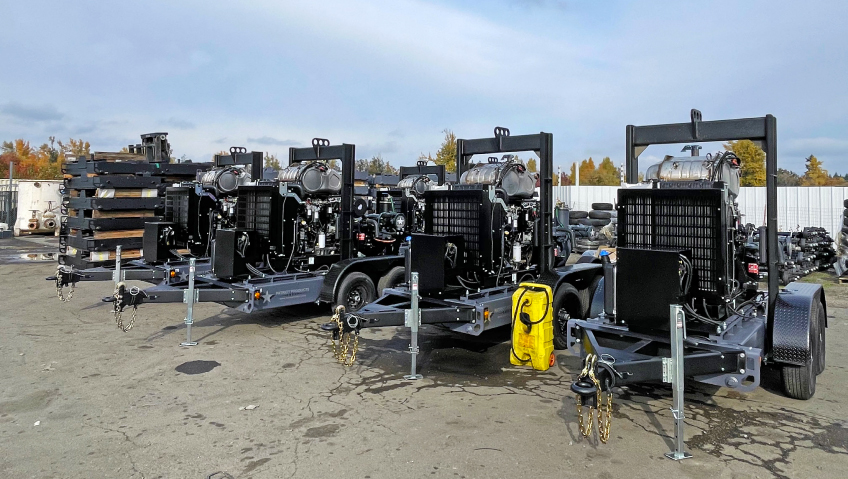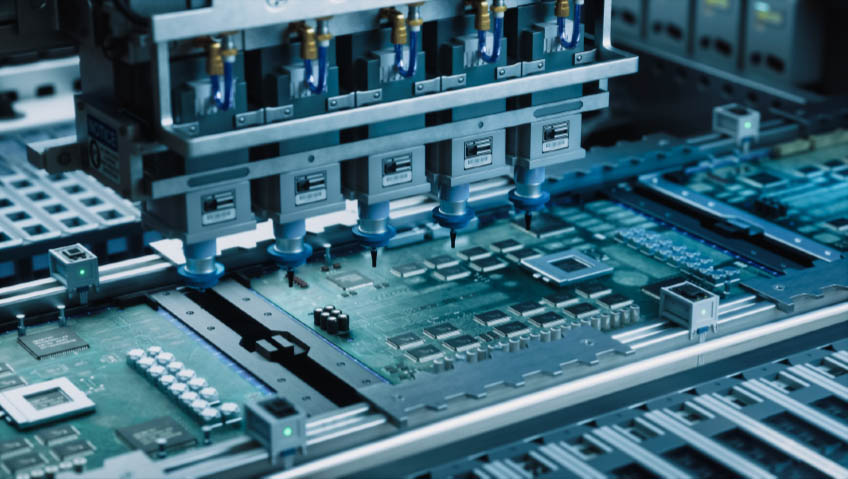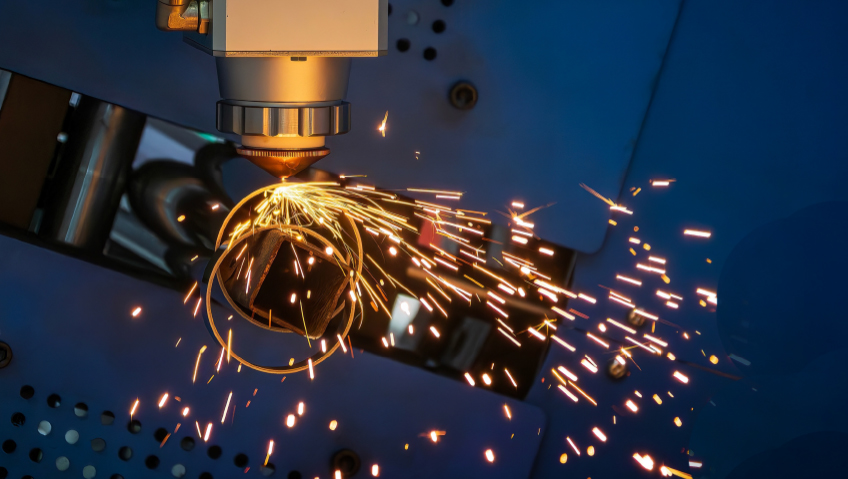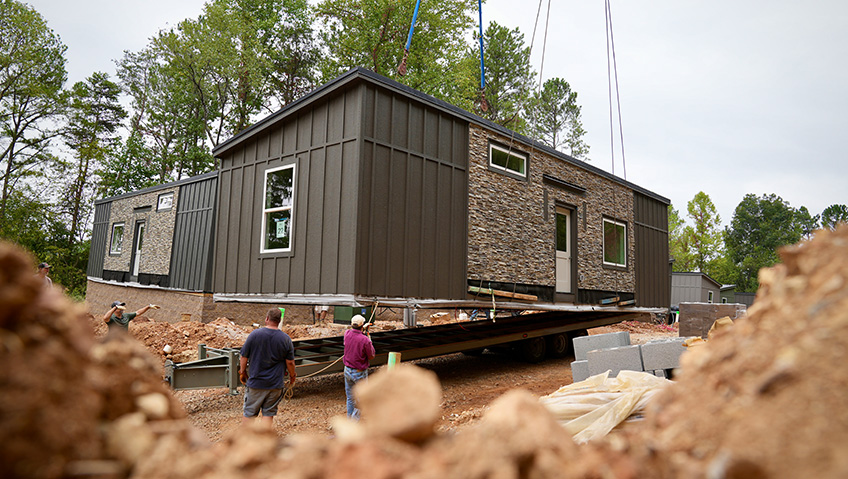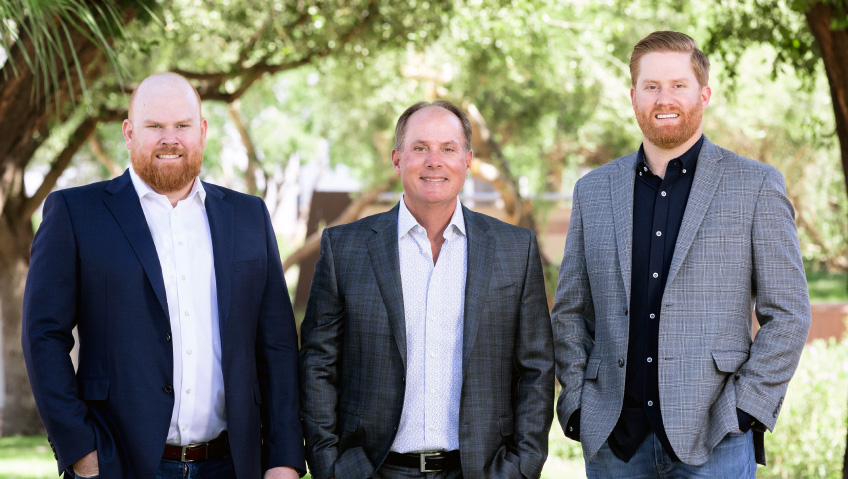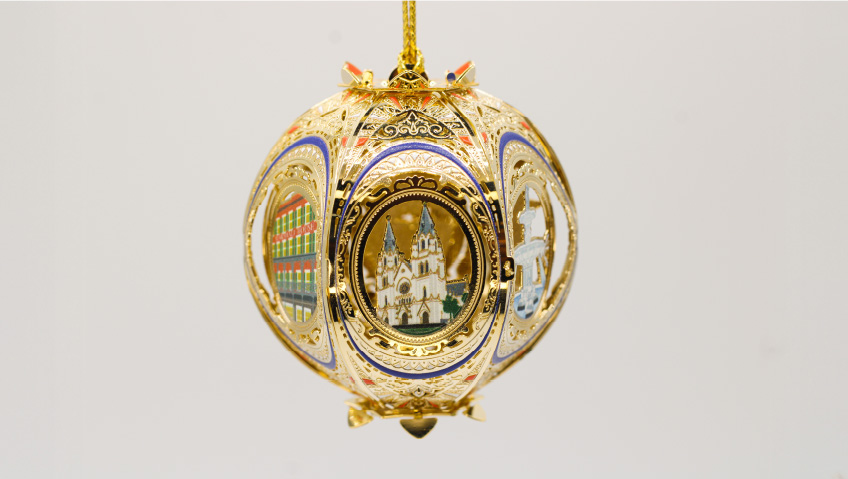The Patriot Products Group continues its dizzying growth, while introducing new products, tweaking existing wares, and codifying internal quality controls.
Based in Woodburn, Oregon, Patriot Products Group designs and manufactures pump packages. Besides the pump, a pump package can include a diesel or electric engine, fuel cell, a skid or trailer, control panels, and other features. These components are manufactured by various suppliers and then put together by Patriot staff. The company also sells parts and is looking to launch a refurbishment service in the near future.
“We’re not really reinventing the wheel when it comes to packaging a pump or an engine or a pump and an electric motor,” says Vice President Josh Standridge, “but the style, the design of our platform, the priming system—those are the things that give us a [good] position in a lot of verticals.”
Patriot sells many of its pump packages to distributors who in turn rent them to end users in the oil and gas, mining, industrial, sewage, infrastructure, and municipal sectors. And since we last spoke in August 2022, the company has moved into a new sector.
“We picked up a new customer. It’s a company that rents out a pump and an engine, and their end users are farmers,” shares President Dan Kaplan, who notes that the company provides, “a very slimmed-down package with a large fuel tank and no frills. It’s a very low-cost unit catered to [the agricultural] market.”
Patriot Products Group does most of its business within the United States, particularly in the South, the Southwest, and the Gulf Coast. It has also worked with clients in the Northeastern U.S. and Canada, as well as Mexico, Vietnam, Chile, Dominican Republic, and the United Kingdom. “We sell to a lot of distributors who end up shipping all over the world,” says Kaplan, “so our product can end up pretty much anywhere, either as a Patriot product or as a private-label product.”
In new product news, the company has developed a patent-pending product called Quick Pick. Introduced in 2023, this enclosure system wraps around a pump, reducing noise and protecting machinery from the elements. Users “can run the engine quietly in an environment like a school zone or hospital or residential area,” explains Standridge.
Quick Pick was also designed to simplify repair and maintenance. “A lot of the features we like to add to pumps or packages are maintenance-friendly; the Quick Pick is that kind of asset. It allows the end user or operator to get inside the enclosure and remove the pump without having to take the enclosure off,” he explains.
Quick Pick was given a soft introduction in 2023 but Patriot does not plan to kick off a “commercial marketing blast,” about the product until early 2024—not that a huge Quick Pick marketing push is necessary. “It’s a simple, simple idea. When somebody in the field has a fleet of pump packages, they instantly see the usefulness of it. They see the reduction of downtime. It sells itself,” says Standridge.
Since most pumps need to be primed, the company also developed an in-house product called the Patriot Priming System. The priming system boasts a vacuum pump built of corrosion-resistant material with a suction spool, priming chamber, and discharge check valve, among its features. The team recently improved the priming system’s design by “adding a new feature to it where you can connect the priming chamber to the engine’s coolant system,” Standridge says. This alteration is designed to prevent the system from freezing in cold weather.
Patriot also produces a product known as a water bridge, a fabricated metal solution that is placed on roads to facilitate car traffic and pumping operations at the same time. Vehicles can drive over the metal structure while a protected embedded pipe moves fluids from one side of the road to the other.
The company self-performs all design and assembly work and does some fabrication, while outside firms handle most fabrication duties, along with powder coating and other services. “Our core competency is design and build,” says Kaplan, “while our longer-term growth strategy is to potentially vertically integrate some of these other elements. We’re looking at a larger facility that would, ideally, have some machinery that would allow us to bring in some.”
Patriot also wants to expand in another way by possibly adding a new refurbishment service. When the economy goes south, some companies cannot afford new pump packages and instead refurbish old gear to save money. “That could be tuning up the engine or… putting a whole new diesel engine on. We’ve put together a good plan for making that happen. It’s profitable for us, obviously, but it also saves the customer a significant amount of money against buying a new package,” notes Kaplan.
The company hasn’t yet decided where it will perform refurbishment work, but southern Oregon has been considered as an option. “We have some viable interest in it so we’re going to go ahead and take a swing at it,” he says. “We believe it’s an untapped opportunity.”
These expansionary plans are being fueled by Patriot’s explosive growth. The company was founded in Arizona in 2018, and in 2019, total revenues stood under half a million dollars, soaring to $11.9 million in 2022, and then climbing to an estimated $19.5 million in 2023. For 2024, “we’re forecasting, conservatively, between $20 million and $25 million,” says Kaplan, who notes that all company operations have been consolidated in Woodburn.
Rewarding as it is, such fast-paced growth is also daunting. “Getting it all done can be a challenge. There are staffing challenges, capacity issues, supply chain issues,” he adds.
Patriot’s meteoric rise can be attributed to excellent customer service, stellar products, and a growth-minded attitude. The company refuses to rest on its laurels and is always eager to seek new business. It also helps that Patriot has a knowledgeable staff with “real hydraulic experience,” says Kaplan. “The upfront technical information that we provide our customers is second to none—we’ve been told that by everybody.”
The company will take on custom projects on occasion and is focused on continuous improvement. As evidence of the latter, it recently upgraded its enterprise resource planning system to an open-source, cloud-based solution called Odoo.
Patriot has grown from 15 employees at the time of the previous profile to 20 today, which points to another company strength: hiring motivated staff and promoting from within. Management appreciates potential hires with degrees, “but if they don’t have the drive and are not intuitively geared toward making things around them better, then it doesn’t really matter to us… I think the most important thing to us is cultural fit. We want people who have a high sense of urgency and attention to detail. We want people who are hungry to grow and can operate under an environment that is evolving quickly,” states Kaplan.
As for moving up within the company, Kaplan cites the example of an employee who started as an assembler, transferred into warehousing, and then expressed an interest in learning SolidWorks 3D CAD (computer-aided design) software. Patriot acquired a new SolidWorks license and had two other designer/engineers train the employee, who now works as a junior designer.
Another employee who had been with the firm from day one was recently promoted from production supervisor to quality control field service technician. “He does process inspections, tears down pumps to see if there are any problems. In terms of field service, he will fly anywhere he needs to go,” he says.
This newly developed position is part of a broader strategy to enhance and codify quality control. Patriot is compiling a collection of its existing standard operating procedures for inspections, pre-shipment quality approvals, and other quality assurance elements. The idea is to come up with a template similar to an ISO 9001 checklist, says Kaplan.
Previously, he said Patriot’s biggest challenge was the rising price of parts and raw materials, along with supply chain delays, but this has changed. “I would say our single biggest challenge right now is scaling quickly enough to support the growth,” says Kaplan. “Sometimes we have capacity constraints because of space and labor. There’s a host of things we’re doing to combat that, not the least of which is being open to considering bigger infrastructure.”
Standridge would like to see the company bringing in $45 million to $50 million annually within five years and possess a sizeable share of the national pump package, parts, and refurbishment markets.
“You could argue that Patriot is just a packager, but we don’t see ourselves as just a packager,” adds Kaplan. “It’s quite important for us to have [intellectual property]. We have enclosure designs that we’ve patented; we have a priming system that we’ve patented… We’re trying to highlight to the market that we are a value-add partner, and in five years, I would expect us to have a pretty significant amount of innovations that further set us apart.”

